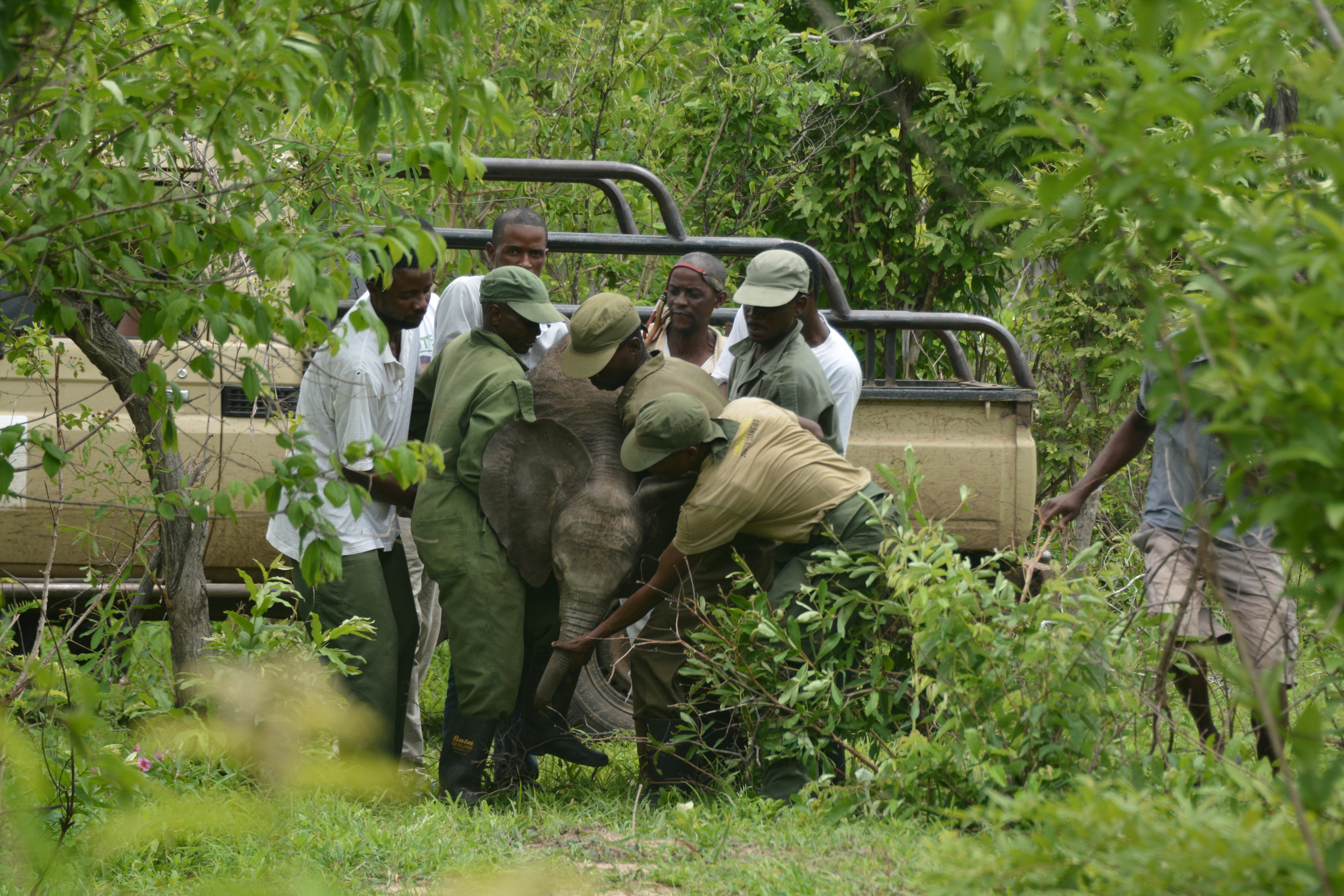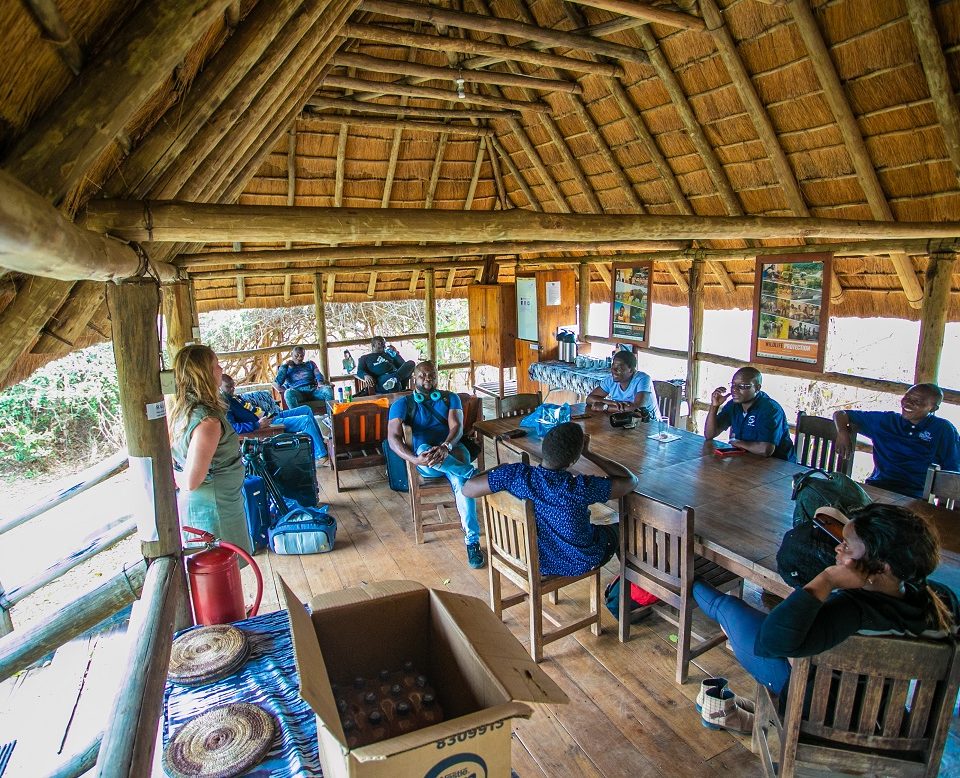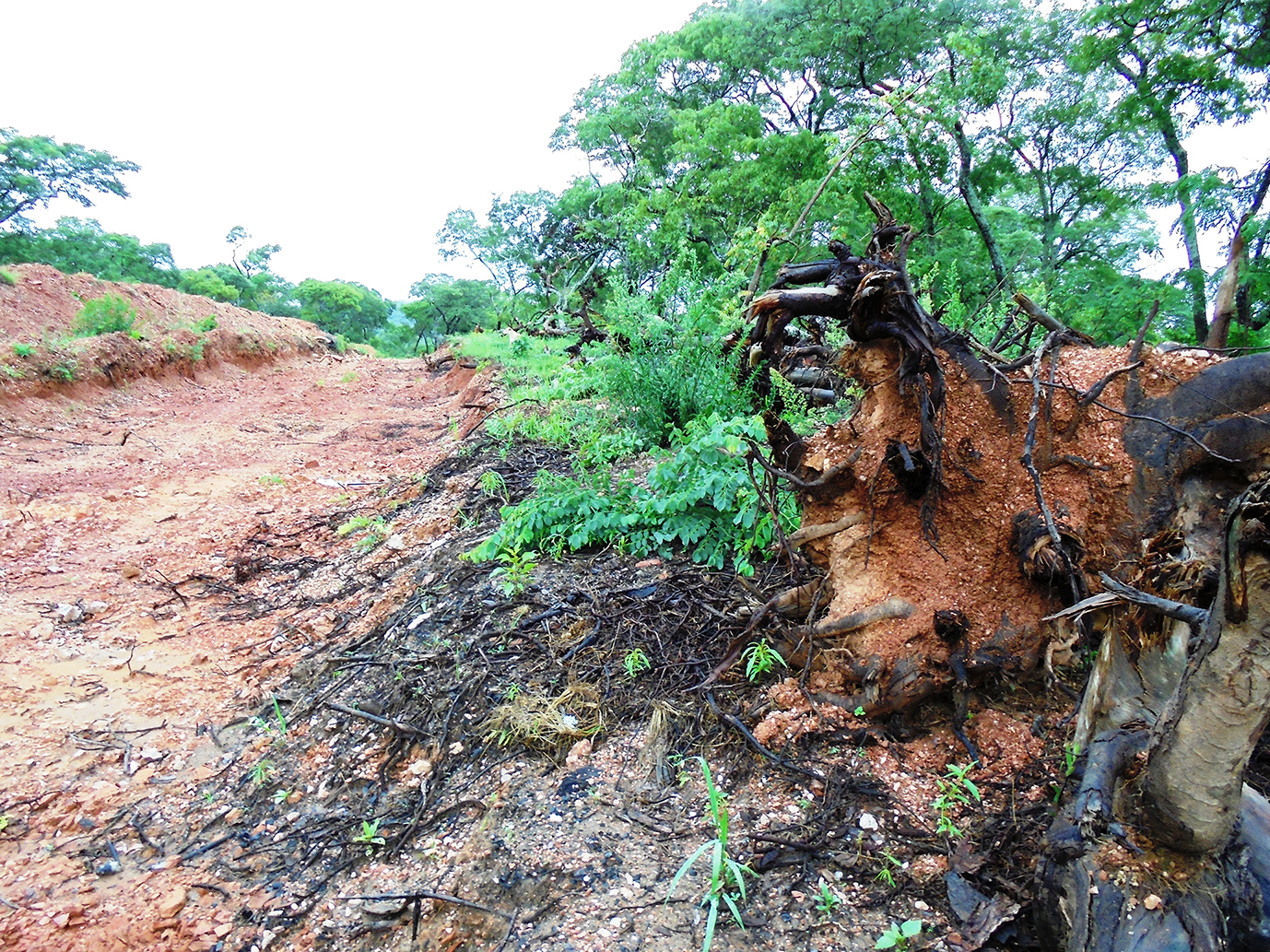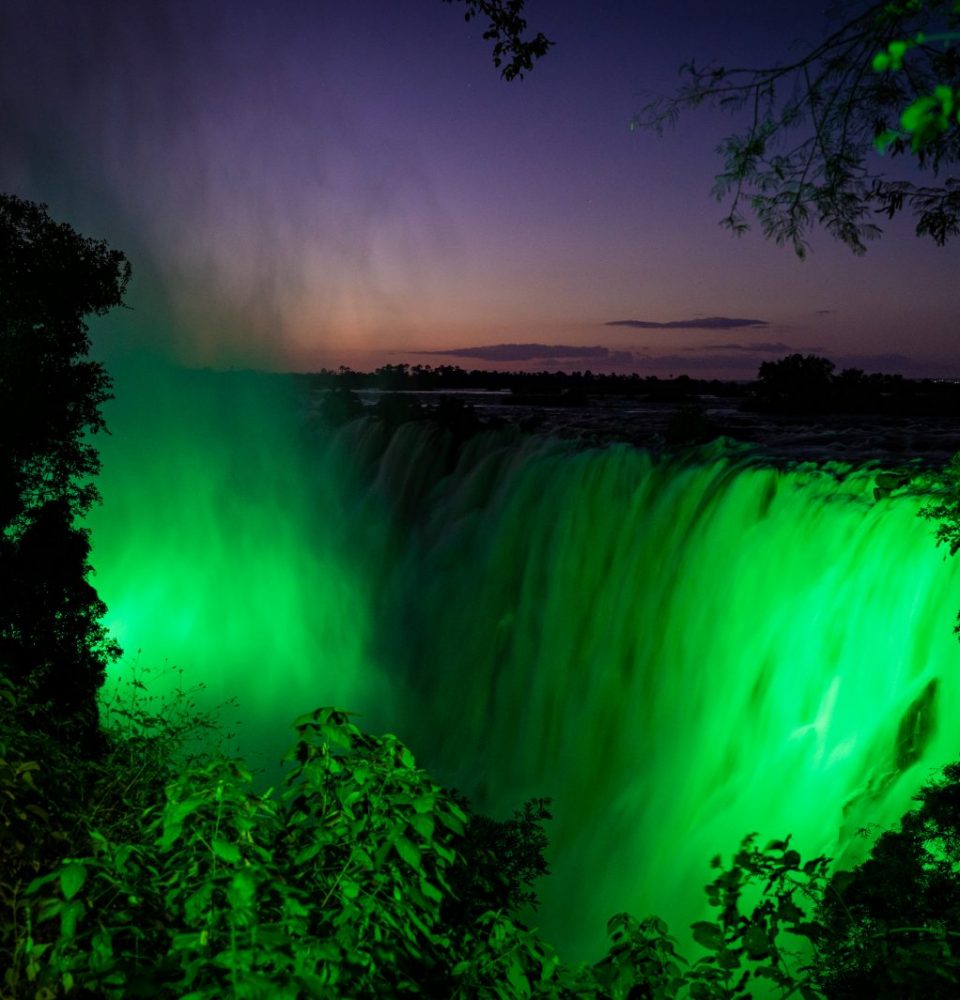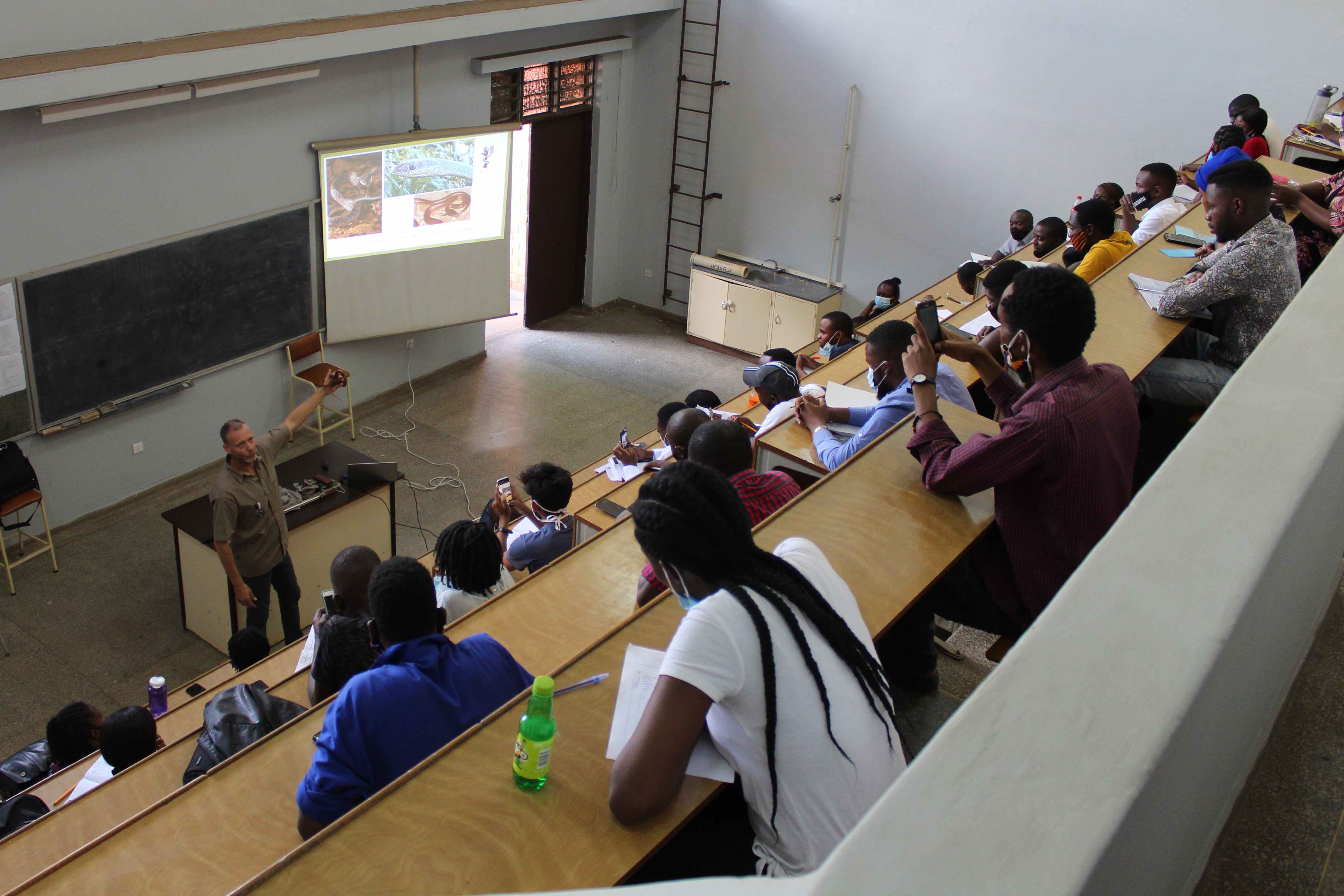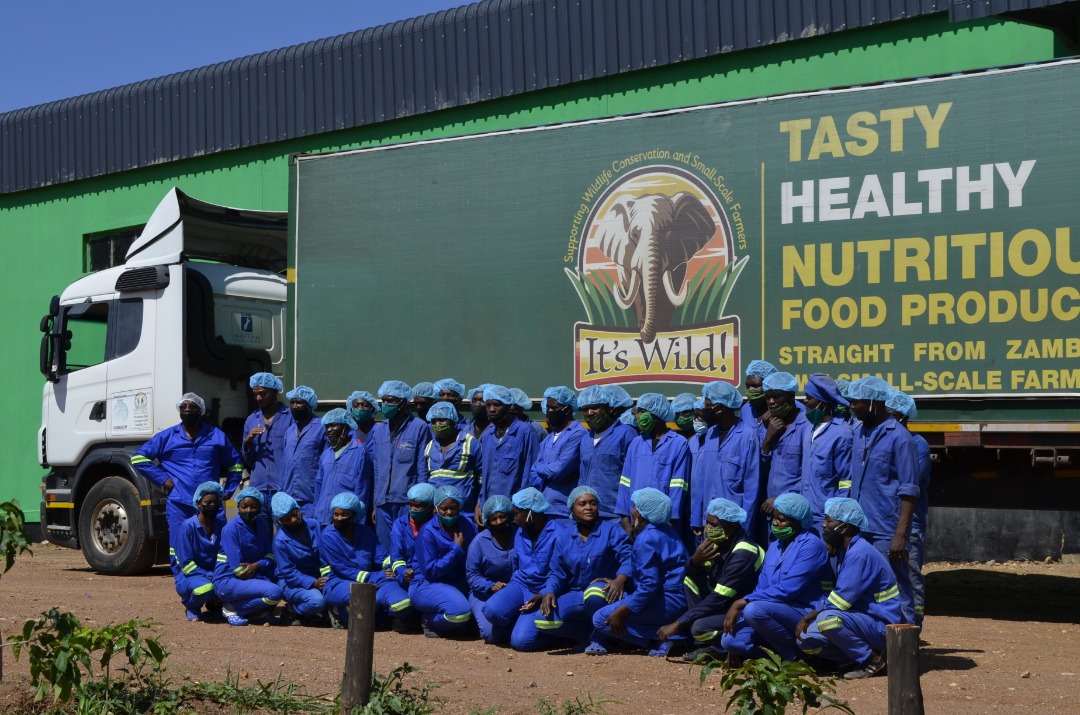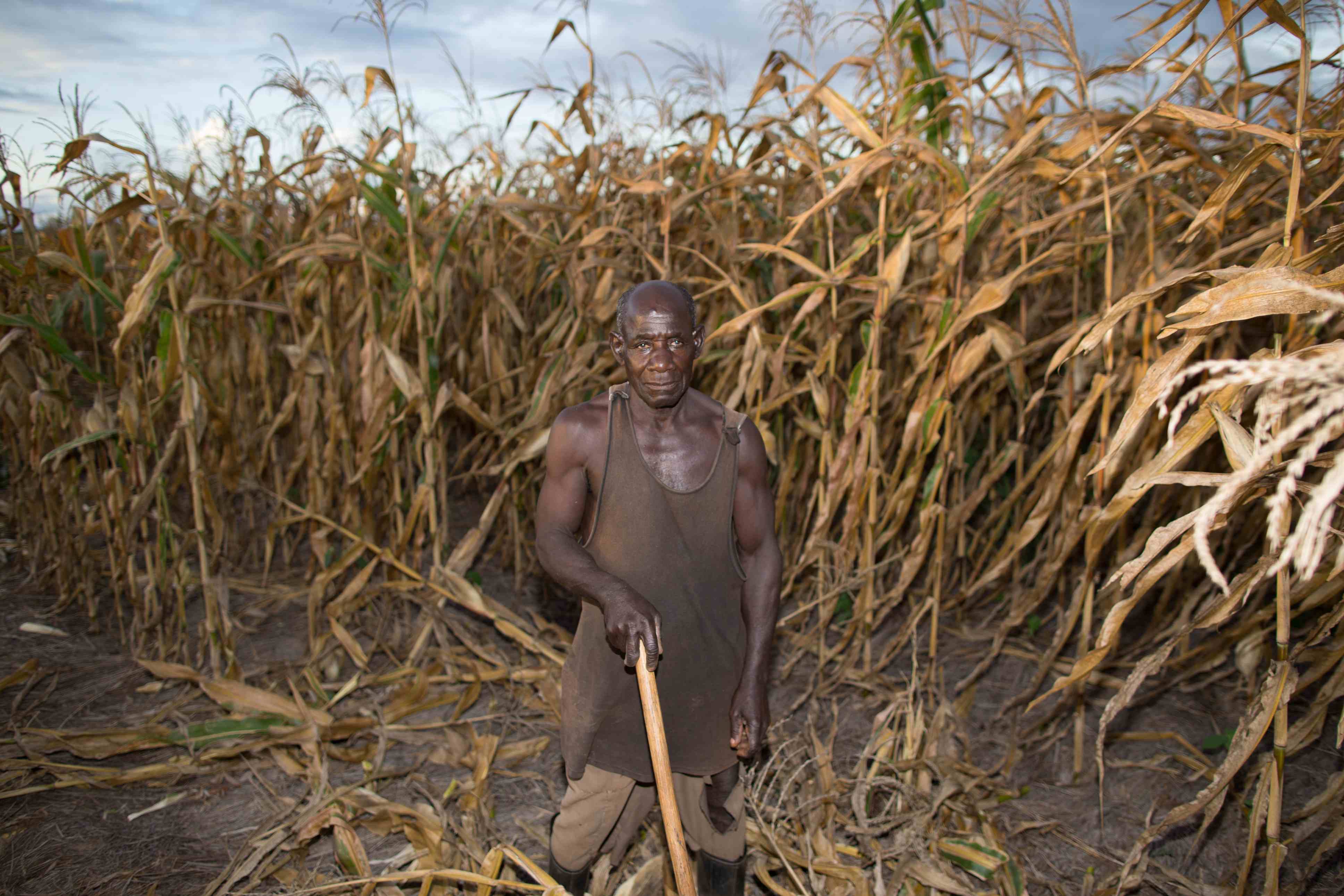The coronavirus has brought global tourism to a temporary halt, and Zambia’s amazing wildlife tourism economy has not been spared. As people stay at home and businesses dependent on wildlife tourism are shuttered, one question is how is the wildlife doing and how are the wildlife conservation organisations that help protect them coping? The truth is, not all of them are. Some have had to close down temporarily in the hope that things will improve soon. If a substantial portion of your funding comes from tourism operators or directly from tourists themselves it is virtually impossible to carry on functioning as normal. With so many outstanding conservation NGOs in Zambia working in the wildlife and community sector that rely on support from tourism, it’s not surprising that many are taking a huge financial blow.

In South Luangwa, Zambia’s premiere wildlife destination, wildlife eco-tourism is comparatively well-developed. The Luangwa Valley holds the largest and most stable elephant population with more than 60 percent of Zambia’s total, is one of ten remaining lion strongholds on the continent and is now estimated to have the country’s largest population of endangered wild dogs. In an average year, 25,000 to 30,000 visitors flock to South Luangwa. In addition, once in country they are likely to visit other spectacular national parks and attractions that Zambia is increasingly becoming well known for. These international tourists spend a lot of money for these amazing opportunities, which provides revenue for government and the private sector – they pay national park entrance fees, conservation and community levies, accommodation fees, service charges, buy locally made curios, learn about conservation programmes and often end up further supporting wildlife conservation efforts, education scholarships, boreholes and much more.
With over a dozen established lodges and over 20 bush camps in South Luangwa, businesses are usually thriving at this time of year. The direct effects of tourism are broad and include services such as lodge accommodation, campsites, job opportunities, restaurants, and bars, game drives, walking safaris and cultural tours. Furthermore, a very large service sector of the economy that we would not typically think is supported by wildlife tourism is indeed a key part of this lucrative wildlife-based economy. This includes purchasing of goods and services within the region, small scale vegetable production, and spin-off businesses including shops, marketers, hair salons, local building contractors, coffee shops, carpenters, welders and mechanics, just to name a few.
A recent study funded by the Global Environment Fund estimated an annual economic turnover of approximately $28 million for this wildlife-based economy in South Luangwa, much of which was found to remain in the local area. With the sudden global spread of COVID-19, and the subsequent shutdown of tourism and other major pillars of both the Zambian and global economy, the COVID-19 pandemic has the potential to completely upend the community conservation work ongoing in South Luangwa and other parts of Zambia. It is projected that all conservation tourism related funding streams for 2020 will be lost due to the tourism shutdown.
Many photographic operators in Zambia have set up conservation levies that directly support wildlife conservation, community and education programmes. In South Luangwa a number of NGOs have been lucky to receive financial support via donations through the Luangwa Conservation Community Fund (LCCF) for over a decade. This often pays for community scout salaries and conservation and education work. It is estimated that over half a million dollars will not be realised this year for community programmes.
Many protected areas are now threatened with probable poaching crises as the country’s premiere wildlife-based economy has now been temporarily halted with potentially grave implications. An estimated 1,000 local people from the tourism industry in South Luangwa are currently out of employment or are at home on reduced wages and threats to wildlife increases. Hunger and loss of income will compel some people to turn to natural resources to survive. It is a serious situation, but together we are all working hard to ensure that people and wildlife can endure this pandemic and many weathered tourists have already started donating to projects dear to them. They have done this despite not being able to visit and many have assured us they will postpone their trip and not cancel, and in the meantime send support in whatever way they can. The silver lining is that perhaps through these trials we will appreciate just how important wildlife tourism is to Zambia and apply these lessons once things stabilise and safaris are again open for business.
